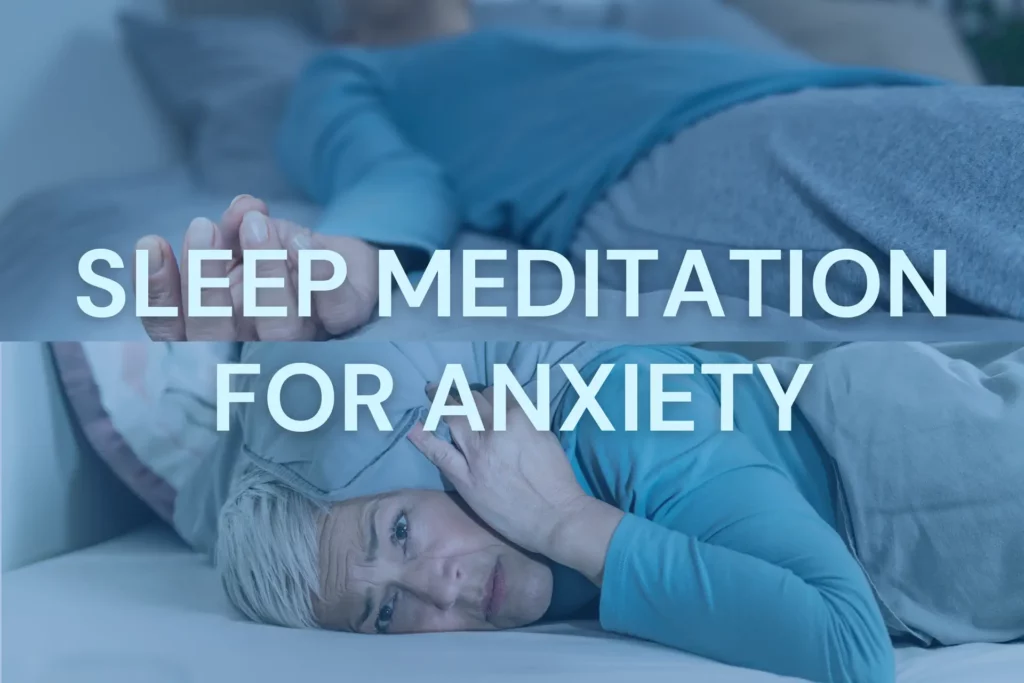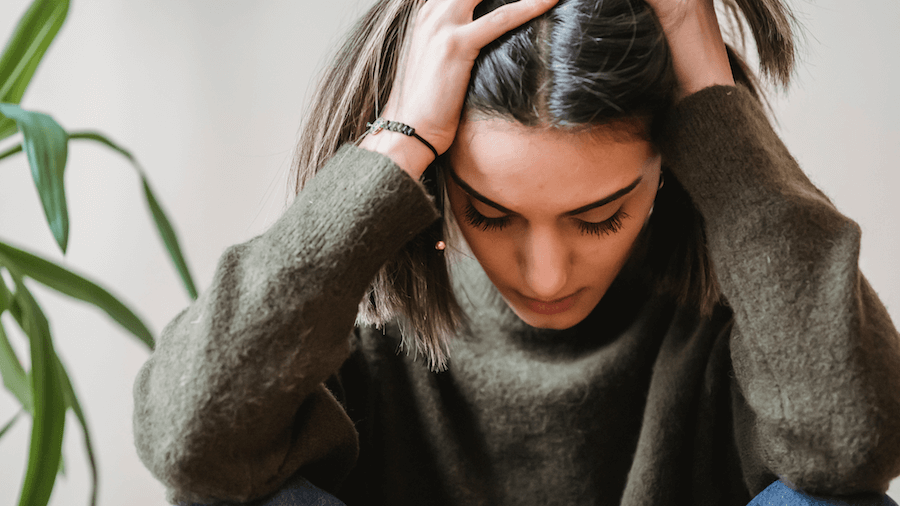Could something as simple as drinking water impact your mood? If you've been feeling more anxious than usual lately, your hydration levels could be the culprit. Most people simply don't get the fluids they need every day. Dehydration is prevalent among older adults, affecting up to 28% of this population. Research indicates that an alarming 75% of Americans are chronically dehydrated. As we age, staying hydrated becomes more and more essential. Let's understand the signs of dehydration and how it could evolve to trigger anxiety.
Signs Of Dehydration
The following signs of dehydration can appear in adults and children.
It’s best to address them as soon as possible.
Common signs of dehydration include:
- Feeling thirsty
- Dry mouth
- Dry or red skin
- Dark yellow urine
- Hypertension (high blood pressure)
- Constipation
- Increased heart rate
- Feeling sleepy or tired
- Headache or nausea
In infants, dehydration can look like:
- Fussiness
- Dry diapers
- Weakness or sluggishness
- Crying without tears
If you notice these symptoms in a child to a severe degree, seek medical help immediately.
Long-Term Effects Of Chronic Dehydration
Chronic dehydration can impact health differently depending on the severity and duration. Some long-term effects include:
- Constipation and fatigue: Not drinking enough water can result in hard-to-pass stools and constant tiredness, impacting your day-to-day activities.
- Kidney stones (urolithiasis): Not drinking enough water over time raises the chances of developing kidney stones, which may result in discomfort and need medical care.
- Potential benefits for weight management: Some research indicates that staying well-hydrated might support weight control, though the exact reasons remain unclear.
However, the long-term effects of dehydration are challenging to track, especially with conditions that take time to develop, such as cancer.
Can Dehydration Cause Anxiety? What Science Says
A significant amount of research suggests a correlation between dehydration and anxiety.
Studies have shown that when the body is dehydrated, anxiety levels can rise, though the increase is typically not severe.
A 2018 study examining the relationship between water intake and mental health found that individuals who consumed more water had a lower risk of anxiety and depression.
While the link between dehydration and depression was stronger, inadequate water intake also contributed to heightened anxiety levels.
A smaller-scale study in 2014 discovered that individuals who typically drink plenty of water felt more anxious and less calm as their water intake decreased.
Conversely, when participants increased their water consumption, they reported feeling happier, regardless of their usual drinking habits.
A 2015 study tracking mood and hydration levels among healthy women revealed that lower water intake was associated with increased tension, depression, and confusion.
A similar 2011 study found a connection between dehydration and tension in healthy men, indicating that lower hydration levels had links to higher tension levels.
Other Ways Dehydration Can Affect Mood
Dehydration can have a significant impact on emotional health. Along with anxiety, it can induce negative feelings such as:
- Anger
- Depression
- Confusion
- Fatigue
In severe cases, dehydration can cause dizziness and heart palpitations, similar to the extreme symptoms of stress or anxiety disorders.
Managing Dehydration-induced Anxiety
When dehydration triggers anxiety, drinking plenty of water is one of the first steps to feeling better.
Staying hydrated helps restore the body's balance, and some studies suggest that increasing water intake may also alleviate dehydration-induced anxiety.
Along with water, sports drinks can help rehydration, particularly when your body flushes out electrolytes through excretion, sweat, or during sickness.
These drinks can help restore essential minerals like sodium and potassium, crucial in maintaining hydration and overall well-being.
In more severe cases of dehydration, particularly when it leads to intense anxiety or physical symptoms, medical attention may be necessary.
Medical professionals may give fluids and electrolytes directly into the veins to restore the body's hydration levels and relieve any associated symptoms, including anxiety.
Preventing Dehydration
Preventing dehydration requires drinking enough fluids each day.
There isn’t a specific amount that works for everyone, as each person has different needs.
You may need to drink more in certain situations:
- In hot weather: You tend to lose more fluids due to sweating.
- While exercising: Physical activity increases fluid loss.
- Illness: Conditions like diarrhea or vomiting can lead to losing fluids quickly.
Some groups are more likely to get dehydrated, including:
- Older adults feel thirsty less often and drink less water than they need.
- Young children and infants are more prone to dehydration because of their smaller size and greater need for fluids.
- People with chronic conditions or on certain medications may experience more sweating or urination, which increases their hydration requirements.
FAQs About Dehydration And Anxiety
Is It Possible To Be Dehydrated Even If I Don't Feel Thirsty?
Yes, it is possible to be dehydrated even if you don't feel thirsty. It’s common in older people, who may not experience the same thirst sensation as younger individuals.
Additionally, the body's water needs can increase during hot weather or illness, making dehydration easier.
It's essential to be mindful of your water intake, especially in these situations.
Can Drinking Water Reduce Anxiety Immediately?
Drinking water can help alleviate some dehydration-related anxiety symptoms.
Even if it doesn’t instantly dispel anxiety, the hydration can re-stabilize cognitive and emotional functions, which can help ease tension eventually.
How Much Water Should I Drink Each Day?
Your daily water needs depend on various factors, but general guidelines provide a helpful starting point.
According to experts, an average adult living in a mild climate should aim for:
- Men: Around 15.5 cups (3.7 liters) of fluids per day
- Women: Around 11.5 cups (2.7 liters) of fluids per day
This figure includes water, other drinks, and your diet’s water content. Usually, 20% of your fluid intake typically comes from food.
Summary: Can Dehydration Cause Anxiety?
- Yes, dehydration could cause or worsen anxiety. Studies show that inadequate water intake can heighten feelings of anxiety and depression.
- Dehydration can lead to various negative emotions, including anger, confusion, and fatigue. Frequent indicators of dehydration include feelings of thirst, a dry mouth, and dark yellow urine.
- Managing dehydration-induced anxiety starts with drinking enough water. Electrolyte-rich drinks can also aid in rehydration.
- Preventing dehydration involves daily fluid intake customized to individual needs. Elderly individuals and young children are especially susceptible to dehydration.
- Chronic dehydration can result in long-term health issues, such as kidney stones and fatigue.
- Stay hydrated for your overall health and emotional well-being.
Others Are Also Reading

Is Sleep Meditation For Anxiety Effective?

How Does Anxiety Affect Your Brain?

Benefits Of Clove Water: Weight Loss, Lower Inflammation & More
References
https://www.ncoa.org/article/10-reasons-why-hydration-is-important
https://www.ncbi.nlm.nih.gov/pmc/articles/PMC6147771
https://www.ncbi.nlm.nih.gov/pmc/articles/PMC3984246
https://pubmed.ncbi.nlm.nih.gov/25963107
https://pubmed.ncbi.nlm.nih.gov/21736786
https://www.healthline.com/health/anxiety/dehydration-and-anxiety
https://www.medicalnewstoday.com/articles/dehydration-and-anxiety
https://www.news-medical.net/health/What-is-Urolithiasis.aspx
https://www.mayoclinic.org/diseases-conditions/dehydration/symptoms-causes/syc-20354086
https://www.medicalnewstoday.com/articles/chronic-dehydration




